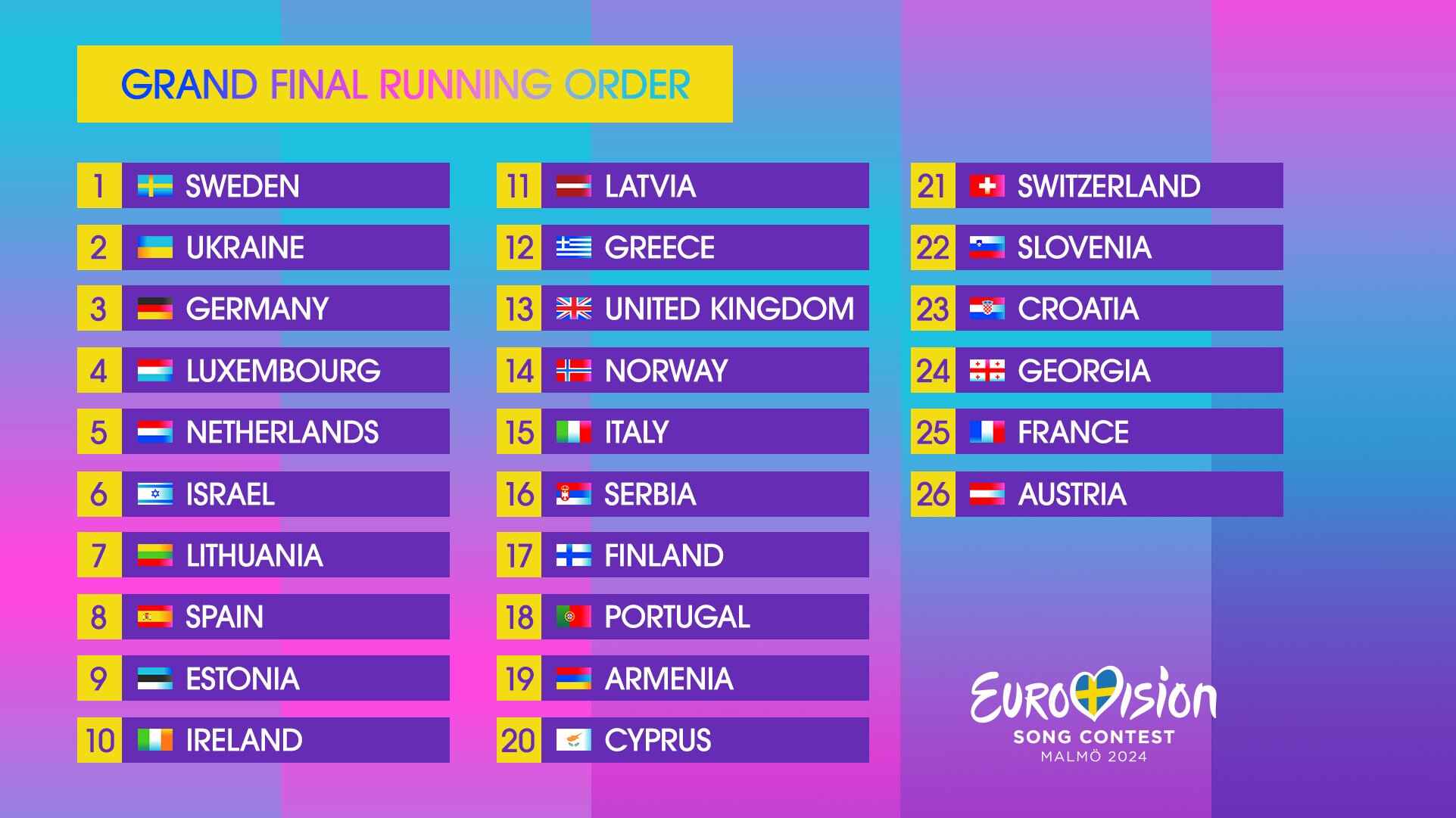Influencing The German Election: Is This The Final Opportunity?

Table of Contents
Understanding the Current Political Landscape
The German political landscape is complex and dynamic, with several major parties vying for power. Understanding their platforms and voter bases is crucial to influencing the election outcome.
- CDU/CSU (Christian Democratic Union/Christian Social Union): Generally center-right, focusing on economic stability and fiscal conservatism. Their voter base traditionally includes older generations and those in rural areas.
- SPD (Social Democratic Party): Center-left, emphasizing social justice, environmental protection, and a strong welfare state. Their support comes from urban areas, younger voters, and working-class communities.
- Greens (Bündnis 90/Die Grünen): Left-leaning, with a strong focus on environmental policy, social justice, and human rights. Their support is growing, especially among younger voters and urban populations.
- FDP (Free Democratic Party): Center-right, advocating for free markets, economic liberalization, and reduced government intervention. They often serve as coalition partners.
- AfD (Alternative for Germany): Right-wing populist party, focusing on anti-immigration and Eurosceptic policies. Their support base is concentrated among voters concerned about immigration and the EU.
Current polling data suggests a close race, with potential for various coalition scenarios. Understanding these German election polls and their implications is vital. For example, a potential coalition between the Greens and the SPD is a very different prospect than a CDU/CSU-FDP coalition. The German election polls should be carefully considered when analyzing potential outcomes. The possibility of a minority government also needs to be considered in the German election.
Identifying Key Influencers and Target Audiences
Shaping public opinion requires identifying and engaging with key influencers and target audiences. The German media plays a significant role, but so does social media.
- German Media: Traditional print media (like Frankfurter Allgemeine Zeitung and Süddeutsche Zeitung) still holds significant sway, alongside influential television channels and news websites.
- Social Media Influence: Platforms like Facebook, Twitter, and Instagram are increasingly important for reaching younger voters. Influencer marketing and targeted advertising campaigns can be highly effective.
- Key Opinion Leaders (KOLs): Journalists, academics, celebrities, and religious leaders can significantly shape public opinion. Identifying and engaging with these influential voices is crucial.
- Voter Demographics: Tailoring messaging to specific demographic groups (age, location, socio-economic status) is essential for maximizing impact. For instance, environmental concerns resonate more strongly with younger voters, while economic issues might be more prominent for older generations. Understanding German voters requires a nuanced approach to effective messaging.
Strategic Messaging and Campaign Tactics
Effective communication strategies are key to influencing the German election.
- Tailored Messaging: Different messages resonate differently with different groups. For example, emphasizing economic stability for older voters, climate action for younger voters, or social justice concerns for urban populations.
- Effective Communication Strategies: Fact-checking to counter misinformation, using emotional appeals to connect with voters on a personal level, and framing messages to highlight desired outcomes are all crucial components of successful campaigns.
- Combating Disinformation: The spread of disinformation is a significant challenge. Proactive fact-checking, media literacy initiatives, and collaboration with social media platforms to remove false information are crucial.
The Role of International Actors and Foreign Policy
International events and actors can indirectly influence the German election.
- EU Influence: Germany's role in the European Union is a key election issue. The EU's stance on various matters, and Germany's position within it, are constantly debated among German voters.
- International Relations: Germany's foreign policy, particularly its relations with the US, Russia, and other key players, influences public opinion. International events can shape the election narrative, impacting voter sentiment.
- NATO's Role: Germany's role within NATO is another important factor. Public opinion on defense spending and international security significantly impacts the election.
Legal and Ethical Considerations
Influencing the German election must adhere to legal and ethical guidelines.
- German Election Law: Strict regulations govern campaign finance, advertising, and the dissemination of information. Adhering to these laws is crucial.
- Political Ethics: Transparency and accountability are paramount. Avoiding misinformation and disinformation, and maintaining ethical standards in communication are essential for maintaining public trust.
- Campaign Finance: Strict rules govern campaign donations and spending. Transparency in campaign finances is essential for a fair and democratic election.
Conclusion
The German election presents a complex and dynamic environment. Understanding the political landscape, identifying key influencers, employing strategic communication, and respecting legal and ethical boundaries are paramount for those seeking to influence the outcome. This election will have a significant impact not only on Germany but also on the European Union and the broader international community. The potential for change is substantial. Don't miss this final opportunity to influence the German election. Engage actively and responsibly in the democratic process. Your voice matters.

Featured Posts
-
 Investigacion Sobre El Trafico De Armas El Rol De Republica Dominicana En El Corredor Hacia Haiti
May 14, 2025
Investigacion Sobre El Trafico De Armas El Rol De Republica Dominicana En El Corredor Hacia Haiti
May 14, 2025 -
 Akhbar Alkhlyj Amal Ewdt Sylyn Dywn Ila Msabqt Ywrwfyjn Fy Bazl
May 14, 2025
Akhbar Alkhlyj Amal Ewdt Sylyn Dywn Ila Msabqt Ywrwfyjn Fy Bazl
May 14, 2025 -
 Jobe Bellingham Transfer What Chelsea And Tottenham Must Pay
May 14, 2025
Jobe Bellingham Transfer What Chelsea And Tottenham Must Pay
May 14, 2025 -
 Estonias Eurovision Gamble An Italian Parody In The Semi Finals
May 14, 2025
Estonias Eurovision Gamble An Italian Parody In The Semi Finals
May 14, 2025 -
 Eurojackpot Voittoja Jaettiin Neljae Laehes Puolen Miljoonaa Euroa Voittopaikkakunnat Ja Tiedot
May 14, 2025
Eurojackpot Voittoja Jaettiin Neljae Laehes Puolen Miljoonaa Euroa Voittopaikkakunnat Ja Tiedot
May 14, 2025
